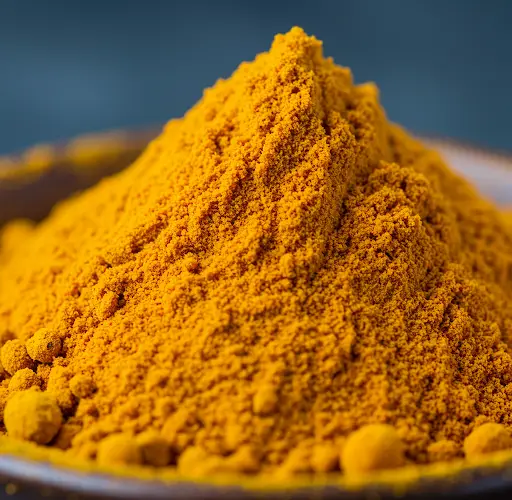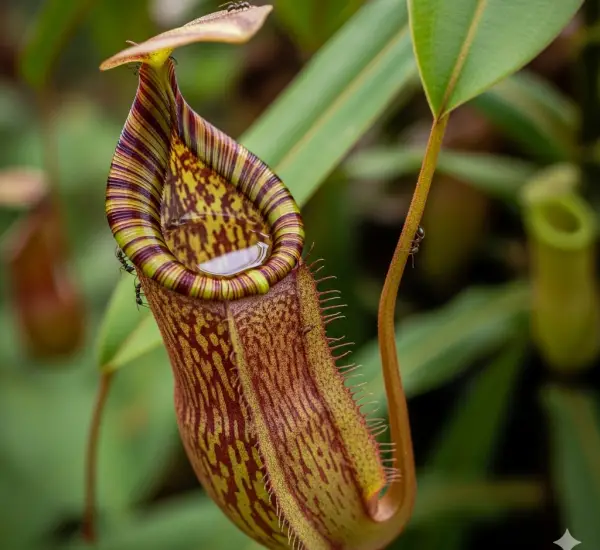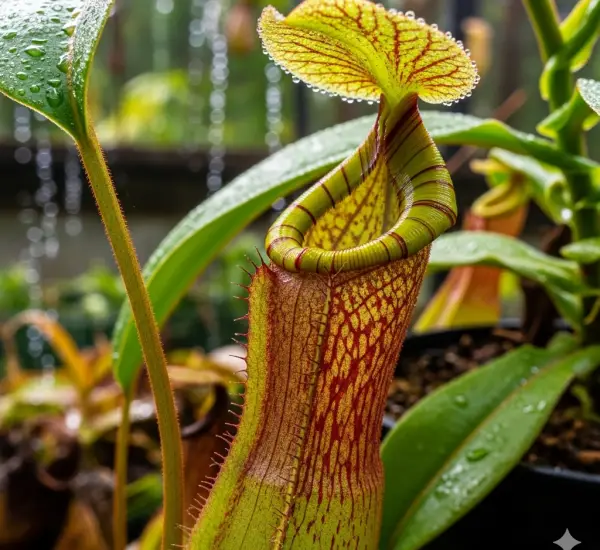Turmeric, a vibrant yellow spice often associated with culinary and medicinal uses, is not only beneficial for human health but also for the health of your plants. Known for its rich antioxidant, antibacterial, and antiviral properties, turmeric can be a secret weapon in your gardening toolkit. In this article, we’ll explore how you can harness the power of turmeric to improve the growth, fertility, and overall health of your plants.
The Power of Turmeric in Gardening
Turmeric has been revered for centuries for its healing properties, particularly in traditional medicine. It is packed with nutrients like iron, manganese, and potassium, which are essential for the healthy growth of plants. These nutrients not only nourish the soil but also provide a natural boost to your plants, helping them to grow stronger and more resilient.
Beyond its nutritional benefits, turmeric also possesses powerful antibacterial and antiviral properties that can help protect plants from common pests and diseases. By using turmeric in your gardening routine, you can reduce your reliance on chemical pesticides and create a more natural, sustainable gardening environment.
Why Turmeric Works for Plants
Turmeric is a natural solution that has a range of benefits for plants:
-
Antibacterial and Antiviral Properties: Turmeric’s natural compounds, such as curcumin, have been shown to combat harmful bacteria and viruses. When used as a spray, turmeric can help protect plants from a range of fungal infections and viral diseases that commonly affect garden plants. By creating a barrier of protection, turmeric helps ensure that your plants remain healthy and free from diseases that could damage them.
-
Rich in Nutrients: The key nutrients found in turmeric—iron, manganese, and potassium—are essential for plant growth. Iron supports chlorophyll production, helping plants to photosynthesize more efficiently, while potassium improves the plant’s ability to resist stress and disease. Manganese plays a role in photosynthesis and plant metabolism, ensuring overall plant vitality.
-
Natural Pest Repellent: Turmeric’s powerful antibacterial properties make it a natural deterrent for pests like aphids, whiteflies, and other common garden insects. It can also be used to combat fungal issues like powdery mildew, which affects many plants, especially in humid environments.
How to Make and Use Turmeric Spray for Plants
Making a turmeric-based spray for your plants is easy and affordable. Here’s a simple recipe that you can use to protect and nourish your plants:
Ingredients:
-
1 tablespoon of turmeric powder
-
5 liters of water
Instructions:
-
Mix the turmeric with water: Start by adding 1 tablespoon of turmeric powder into 5 liters of water. Stir well to ensure that the turmeric is fully dissolved and evenly distributed in the water. If the powder doesn’t dissolve immediately, you can warm the water slightly to help it mix.
-
Strain the mixture (optional): To avoid any clogging in your spray bottle, it’s a good idea to strain the mixture before transferring it into your spray bottle. This will help remove any undissolved turmeric particles, ensuring a smooth application.
-
Spray the plants: Once your mixture is ready, spray it onto the leaves and stems of your plants. Be sure to cover both the tops and undersides of the leaves, as this is where pests and fungal spores often reside. The turmeric will create a protective layer on your plants that shields them from harmful pathogens and pests.
-
Repeat the application: For best results, apply the turmeric spray once a week, especially during periods of high humidity or if your plants are under stress from pests or diseases. After heavy rainfall or irrigation, reapply the spray to maintain protection.
Benefits of Using Turmeric for Plant Growth
Incorporating turmeric into your gardening routine can offer numerous advantages for your plants:
-
Promotes Healthy Growth: The essential nutrients in turmeric, such as potassium and iron, support healthy root development, vigorous plant growth, and the production of strong, vibrant foliage.
-
Natural Disease Prevention: Turmeric’s antibacterial and antiviral properties help to prevent common plant diseases, such as powdery mildew, blight, and bacterial infections. By applying turmeric regularly, you create a natural defense system for your plants.
-
Improved Fertility: The nutrients in turmeric help improve the fertility of your soil by enriching it with necessary minerals. This can lead to stronger plants that are better equipped to thrive in a variety of conditions.
-
Sustainable and Chemical-Free: Using turmeric as a plant spray offers a chemical-free alternative to conventional pesticides. It is an eco-friendly solution that supports organic gardening practices and reduces the impact of harmful chemicals on the environment.
Best Plants to Use Turmeric Spray On
Turmeric spray is effective for a wide range of plants, including vegetables, flowers, and ornamental plants. Some of the best plants to use turmeric on include:
-
Tomatoes: Protect your tomato plants from common fungal diseases like blight and powdery mildew, while promoting healthy growth and fruit production.
-
Cucumbers: Use turmeric spray to prevent cucumber diseases such as downy mildew and to protect against aphids.
-
Peppers: Turmeric’s antibacterial properties can help guard pepper plants against bacterial infections and fungal diseases.
-
Herbs: Turmeric can be used on herbs like basil, oregano, and parsley to prevent fungal diseases and promote healthy, robust growth.
-
Flowering Plants: Flowers, especially those prone to fungal issues, will benefit from turmeric’s disease-fighting capabilities, keeping your garden looking vibrant and healthy.
Conclusion
Turmeric is not only a valuable addition to your kitchen but also an incredible asset for your garden. By incorporating turmeric into your plant care routine, you can naturally boost your plants’ health, prevent diseases, and protect them from pests—all while enriching the soil with essential nutrients. Whether you’re a novice gardener or a seasoned pro, turmeric offers a simple and effective way to create a healthier, more sustainable garden.
Give this natural remedy a try and watch your plants flourish!




